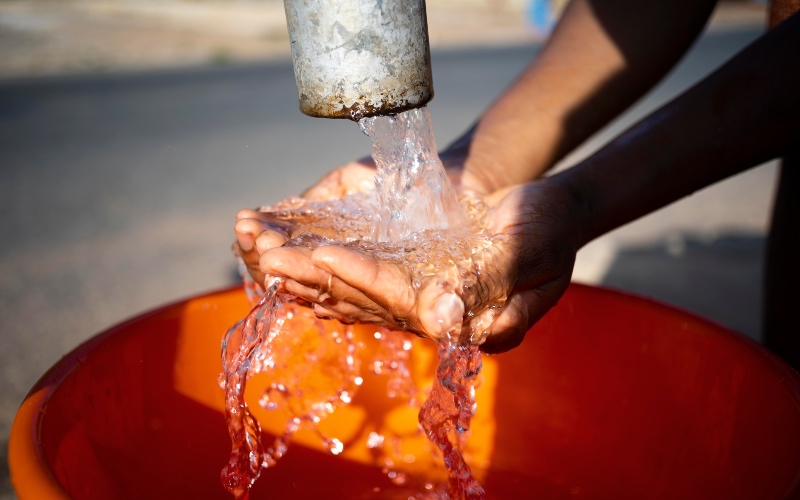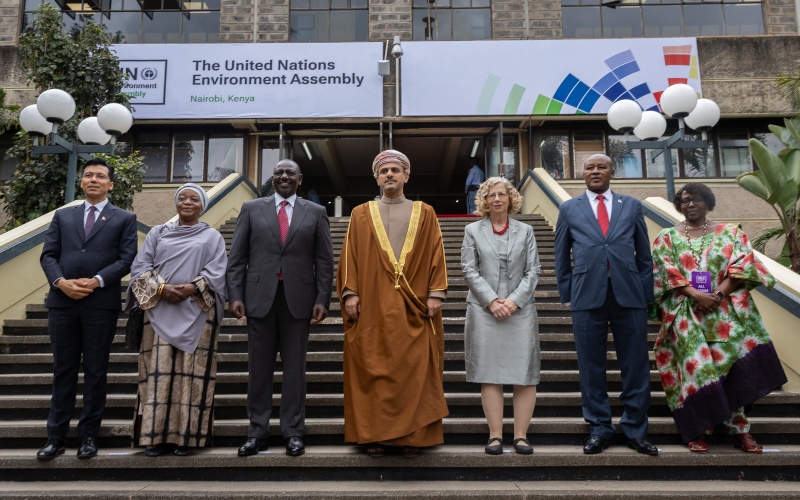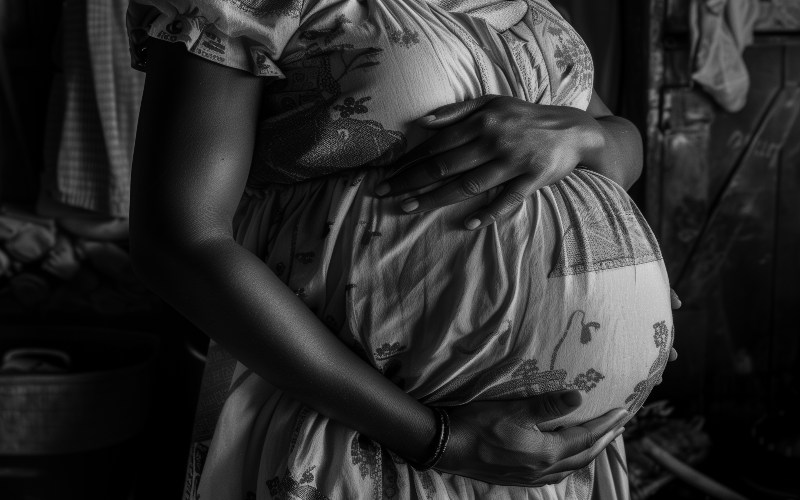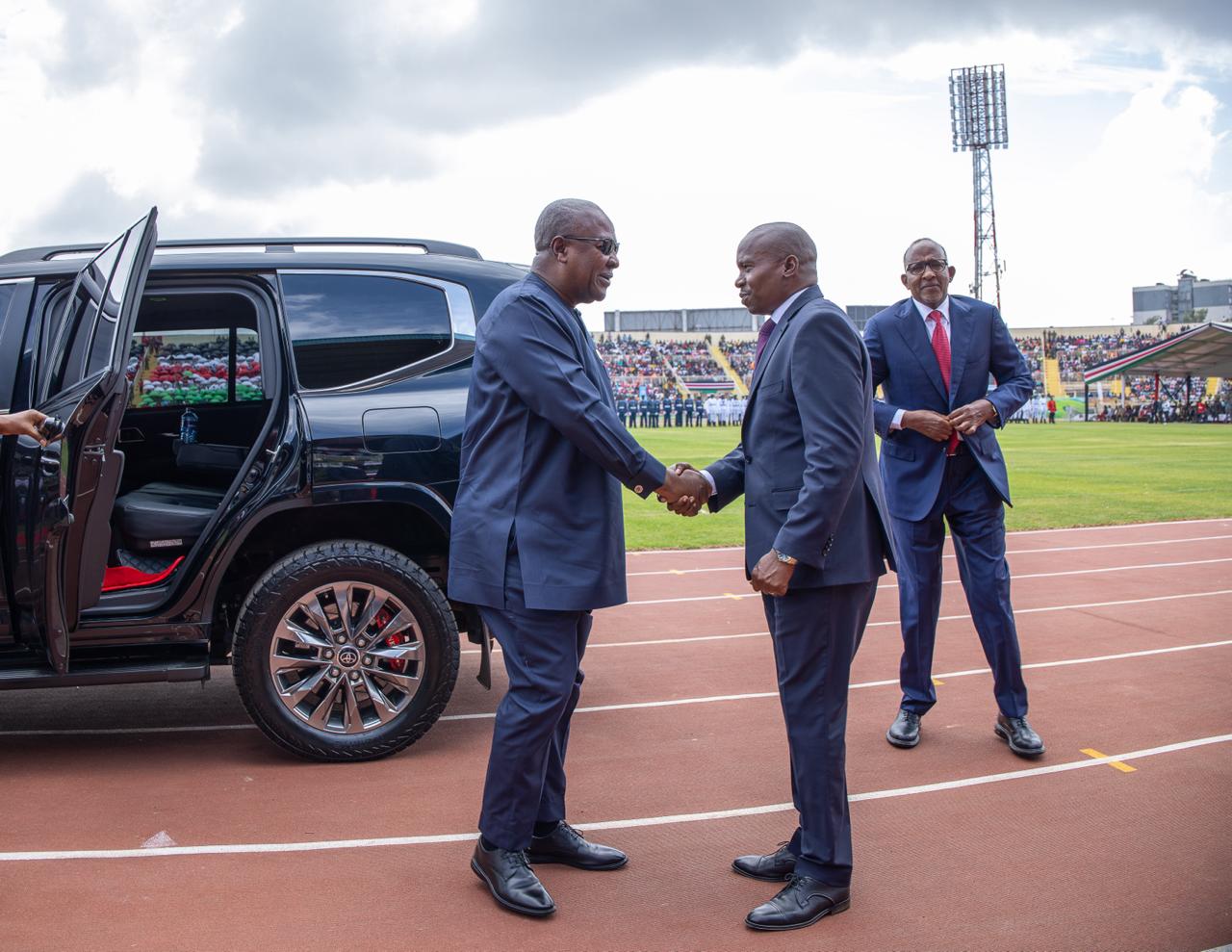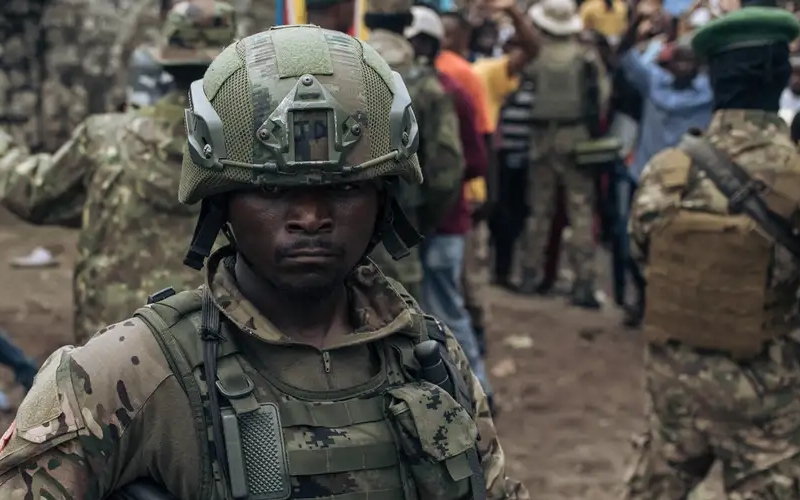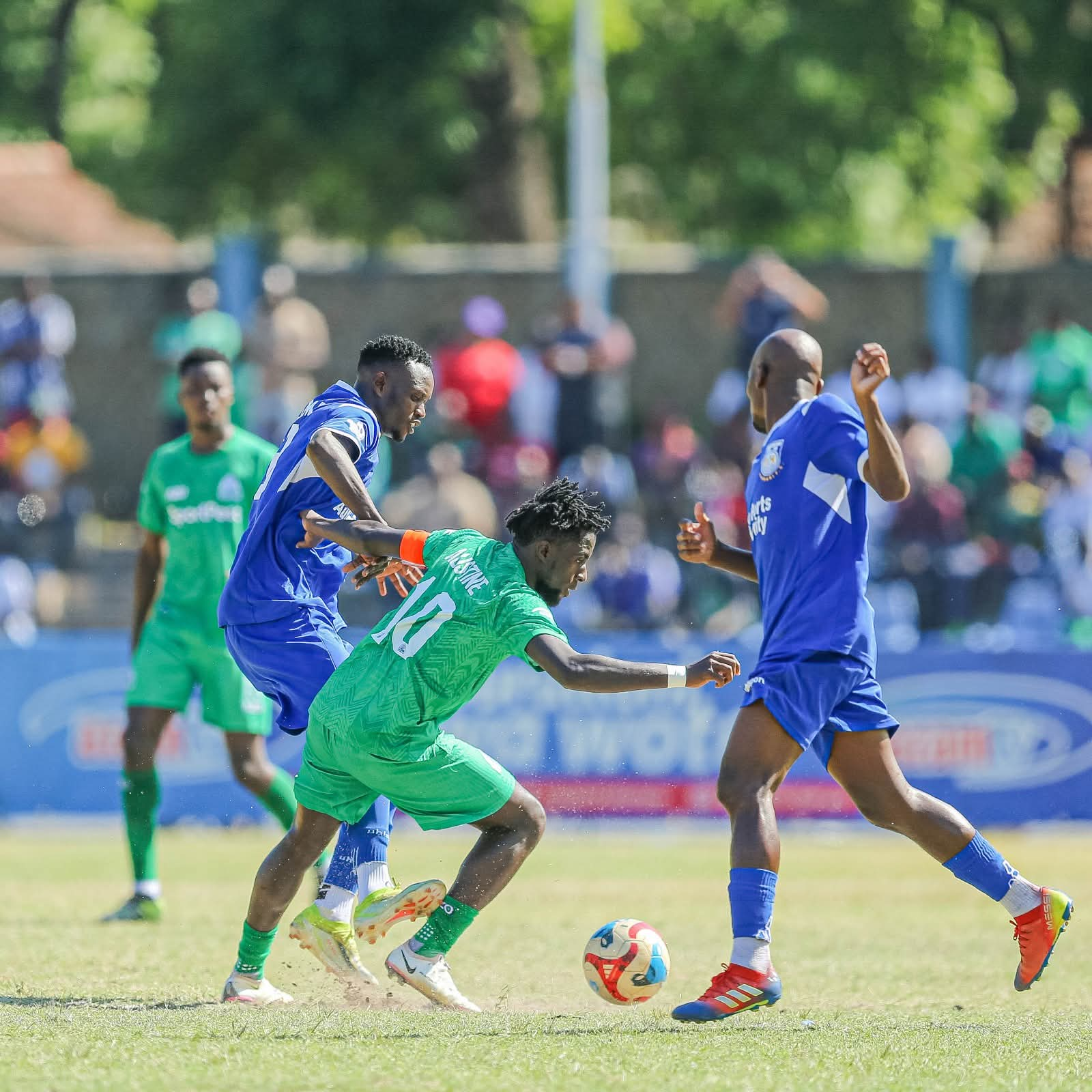AU urges governments to prioritise children in national planning, budgeting
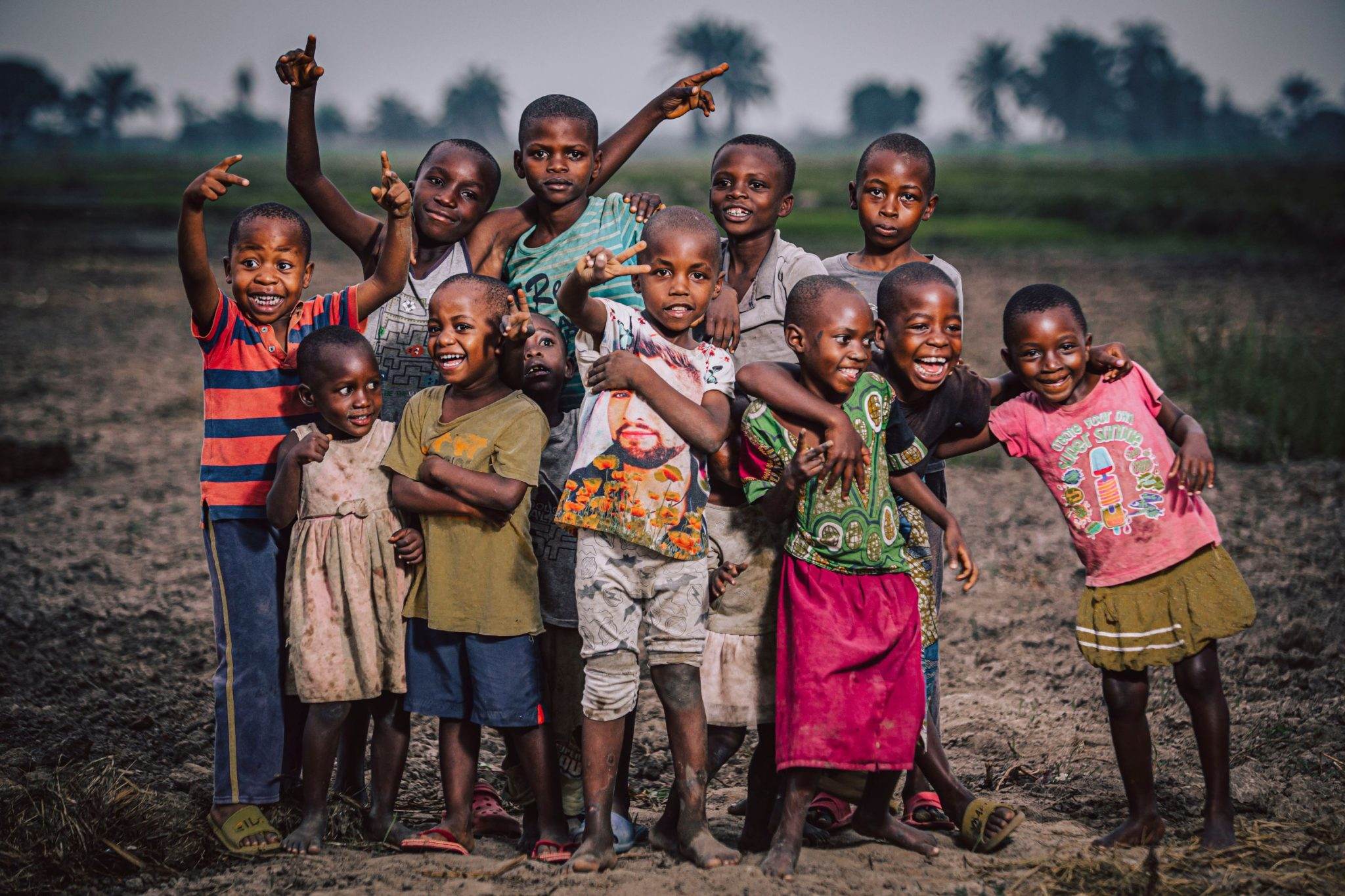
Millions of children in Africa continue to face serious challenges, including violence, harmful cultural practices, exclusion from education and healthcare, and lack of protection.
Millions of children in Africa continue to face serious challenges, including violence, harmful cultural practices, exclusion from education and healthcare, and lack of protection.
The African Union Commission (AUC) and the African Committee of Experts on the Rights and Welfare of the Child (ACERWC) have called on African governments to take concrete steps to prioritise children in national planning and budgeting.
More To Read
- AU calls for rapid tech adoption in farming to shield continent from food crises
- Landmine casualties rise to 6,279 as treaty withdrawals loom
- Wave of coups in Africa: What President Paul Kagame thinks
- African Union suspends Guinea-Bissau over coup
- Guinea-Bissau: Who is toppling whom, how and why?
- AU calls for Africa’s permanent seat on UN Security Council
In a joint statement marking the 2025 Day of the African Child, the AUC Commissioner for Health, Humanitarian Affairs and Social Development, Ambassador Amma Twum-Amoah, and ACERWC Chairperson Wilson Almeida Adao urged governments to institutionalise inclusive, data-driven, and rights-based approaches to planning.
AUC and ACERWC said that despite progress made since 2010, many African children continue to suffer from deep-rooted challenges.
"Notwithstanding notable strides in legislative reform, policy development and multi-sectoral programming, countless children across Africa remain vulnerable to severe violations of their fundamental rights… Harmful traditional practices like child marriage, female genital mutilation, forced labour, trafficking, corporal punishment, and accusations of child witchcraft remain alarmingly common, largely due to the absence of strong child protection systems," the statement read in part.
The organisations reported that these complex and overlapping challenges are putting millions of African children at risk. They also emphasised that the growing issues of early pregnancy, online sexual abuse, and the recruitment of children by armed groups are not being adequately addressed.
They also pointed out that widespread displacement due to conflict, climate-related disasters, and other emergencies has left many children without essential services like education and healthcare.
“These intersecting vulnerabilities underscore the urgent need for member states to institutionalise inclusive, transparent, data-driven, and rights-based planning and budgeting mechanisms,” stated AUC and ACERWC.
“Robust public investment in children is not only a moral and legal obligation but a strategic imperative for sustainable development, peace and prosperity across Africa.”
AUC and ACERWC also expressed concern that children with disabilities remain structurally excluded from mainstream systems designed for their non-disabled peers.
“The African Charter on the Rights and Welfare of the Child, Agenda 2040: Fostering an Africa Fit for Children and Agenda 2063: The Africa We Want, articulate a unified vision for the protection and empowerment of children. These commitments are further reinforced by operational frameworks addressing the elimination of harmful social and cultural practices, collectively forming a coherent continental architecture for accountability and action,” stated the organisations.
They urged member states to integrate child-sensitive and gender-responsive budgeting into all levels of government planning.
They also recommended that African governments carry out child impact assessments in budgeting processes, strengthen child protection systems, and increase investment in services for the most vulnerable.
They further called on development partners, civil society, and communities to support child-centred policies. They emphasised that children must be given a voice in decision-making processes and recognised as active participants in shaping Africa’s future.
“Let us stand united in our resolve, ensuring that Africa’s children are protected, empowered and given the tools to lead the continent forward."
Other Topics To Read
Top Stories Today


